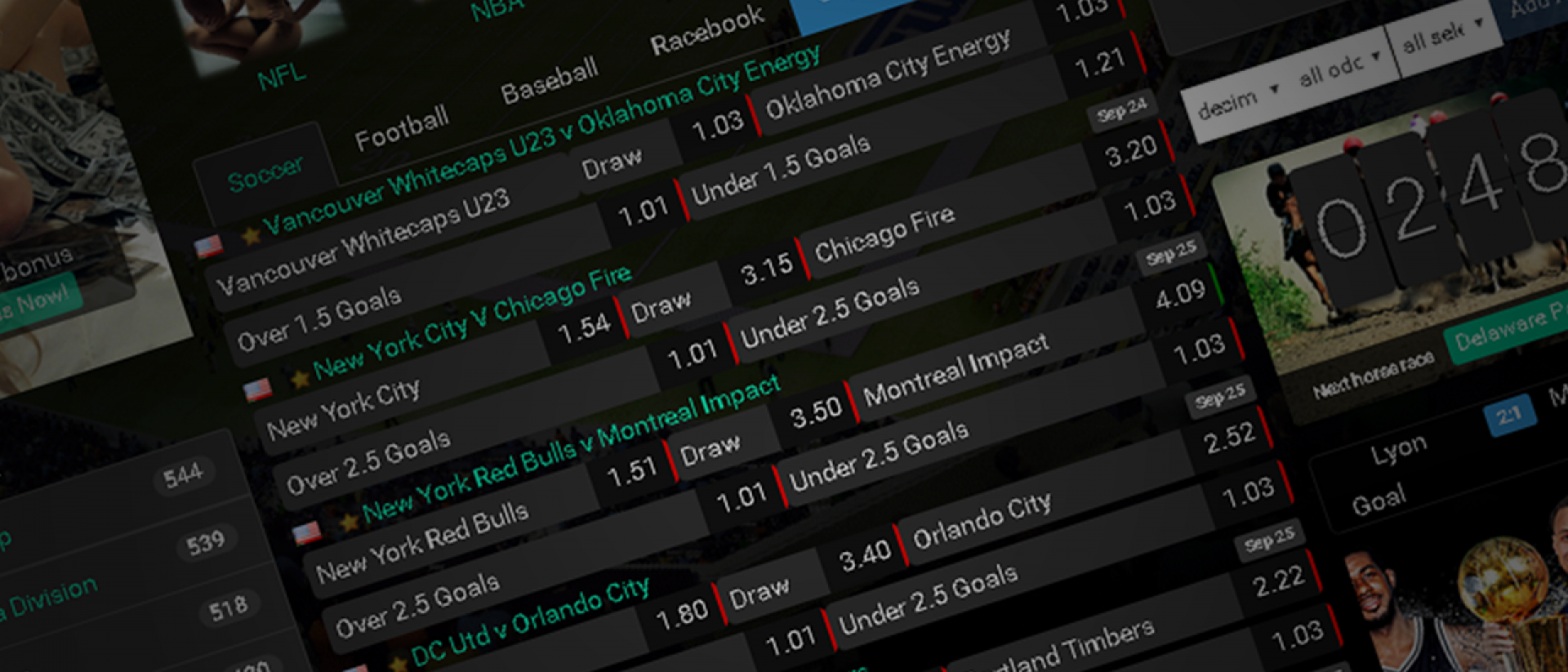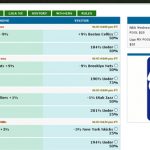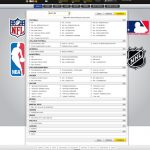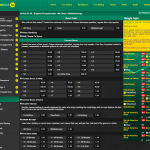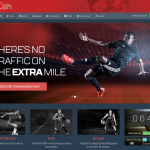The advantages of choosing a white label sportsbook over a pay per head system are numerous. Most pay per head systems are designed some 15 years ago following the same model used by companies such as 5Dimes, Bodog, Pinnacle. While these companies evolved in several directions on their own, the PPH providers have not. Their platforms are still using the same software as 15-20 years ago, and unfortunately are not very flexible and open to upgrading.
While some would say that the pay per head model still works, the truth is the industry has evolved in the last years, the market has grown and matured. Sportsbook operators need to focus nowadays towards global markets which operate based on different concepts, users are used to other types of platforms and operations.
The traditional PPH model will not work at all outside of the US. Take for instance markets such as Asia, where users bet on Soccer and local Baseball events, Cricket and several other sports. Most pay per head based platforms do not have the software that allows laying out such betting markets and all their betting options, since PPH at its origin was centered on the big six US sports where betting options were limited to Moneylines, Spreads and Totals. There was and still is no way to lay out betting markets such as variable Asian Handicaps, correct scores, top goal scorers and so on. Furthermore, even if a very small number of PPH providers have applied certain patches to their software, the amount of data that needs processing is simply too high for a traditional PPH platform to handle. In Soccer markets odds may change even several times per second, a PPH platform which stores data in text files and plain HTML files is simply not capable of handling such amounts of data.
A white label sportsbook platform must cater to all betting markets and be able to handle amazing quantities of sports betting data, especially during live play when up to several hundred Mb of updates are streamed every second and must be delivered to possibly hundreds of concurrent users throughout the white label platform.
The PPH model itself would fail in a market such as Asia because of the LTV. Sometimes the LTV of an user is not enough to cover the expenses for a full year of operation on top of a PPH platform – the average LTV on our platform for Asian users for example is at around $320, that means any PPH charging more than $25 would not be profitable, forcing the operator to shut down their property within a few months, while at the same time PPH solutions ranging from $5 to $15 or so would simply not reach that LTV. A white label sportsbook is most of the time priced based on revenue share, which is calculated from net profits, this means that the white label platform can adapt to many different markets where different products may perform better than others, such as for example white label casino, forex or live dealer games. Users always have instant access to their wallet and balance on a white label platform, regarding the product they choose to consume.
Another major disadvantage of most PPH platforms is the fact that they do not have the flexibility offered by a single wallet for each user account. Keeping track of user transactions is complicated business where every decimal matters, a traditional PPH would keep separate balance for each product, so users would have to repeatedly run into the inconvenience of transferring funds from a balance to another if they want to access different products provided by the same operator.
In most cases, PPH platforms are so old that there is no concept of APIs to be used towards integrating other products such as casino, live dealer games, poker, live betting, financial betting and so on. Therefore, the user would be stuck with their wallet balance in the book and would have to make separate deposits to other products which are not integrated but only linked from somewhere inside the static menus of the PPH sportsbook. White label sportsbook software constantly evolves due to the fact that the provider is specialized towards sports betting / online gaming and constantly improve their platforms, which means features such as centralized wallets and realtime ledgers are a thing of the present.
Because most pay per head platforms were initially built for the US market, there was no support for other languages or currencies. None. Although some providers have circumvented this problem by copying their code into separate directories and hardcoded their translations, but this obviously is not a solution when the content must change often, and when new betting market data must be delivered. Foreign currencies are also important, because users want to see their balance in their own currency they are used to, and not have to perform mental calculations each time they are placing a bet or a trade. Our white label sportsbook platform is designed with multi-language and multi-currency support in mind from day one, in fact we even support UTF8 languages such as Chinese, Russian, Persian, Arabic, Japanese, and we also were the first white label provider in the world to offer full support for RTL languages such as Persian, Arabic, Hebrew.
Last and not least, most PPH books run the same code as they did back in the day (15-20 years ago) which means graphic design is not at its best with a PPH platform. Most PPH providers are not able to change more than the font, background color or image, and a header image or banner throughout the site pages. A white label sportsbook platform is designed with a complex templating system and content management system feature in mind, which means the operator can customize the look and feel of their website to an amazing extent.
Speaking of UI design and branding capabilities of the average PPH solution compared to white label sports betting platform – below are several screenshots from some pay per head platforms still in operation in 2016 (!) compared to several of our white label websites.
Example pay per head software screenshots
We hope that the images above are self-explanatory.

